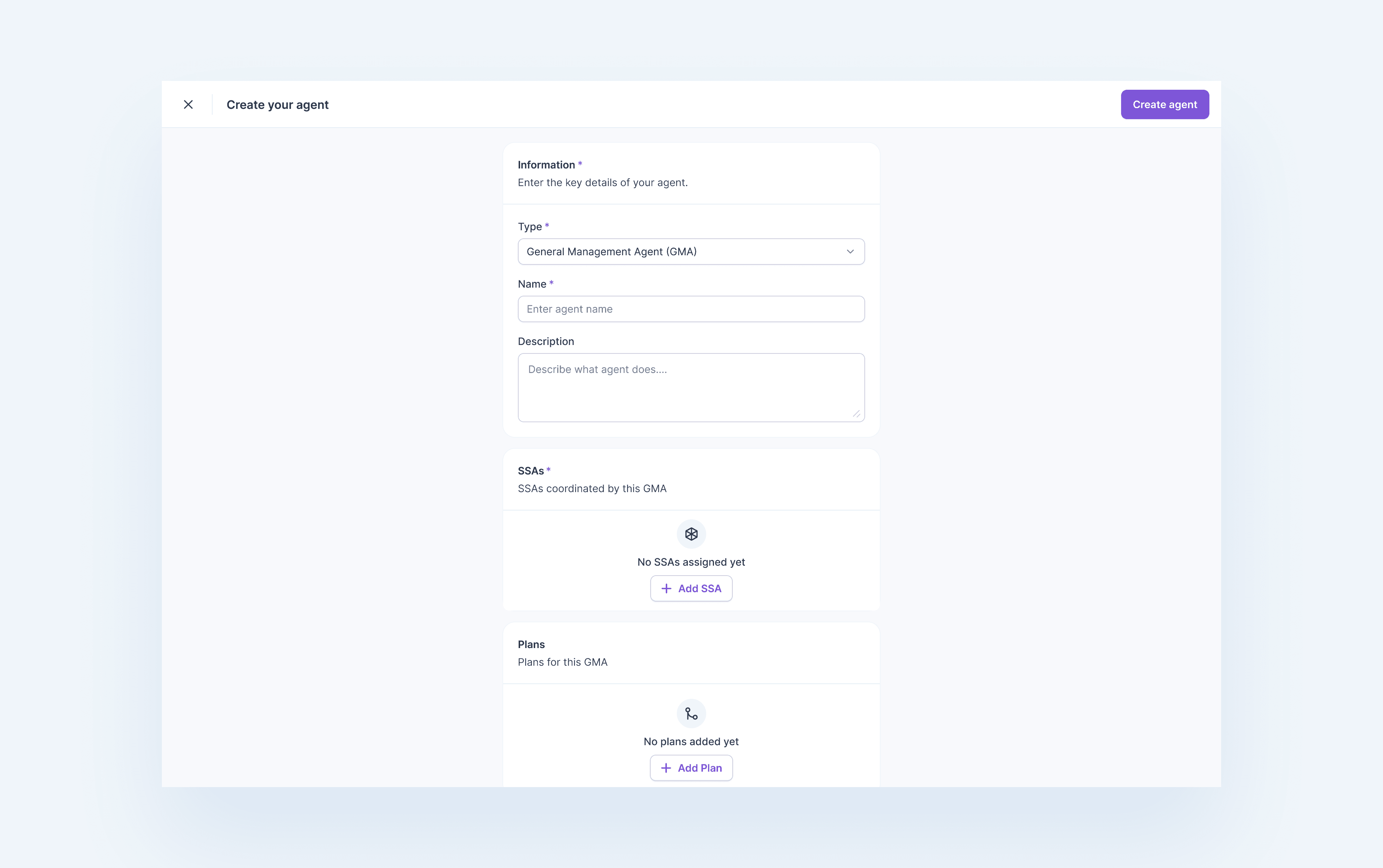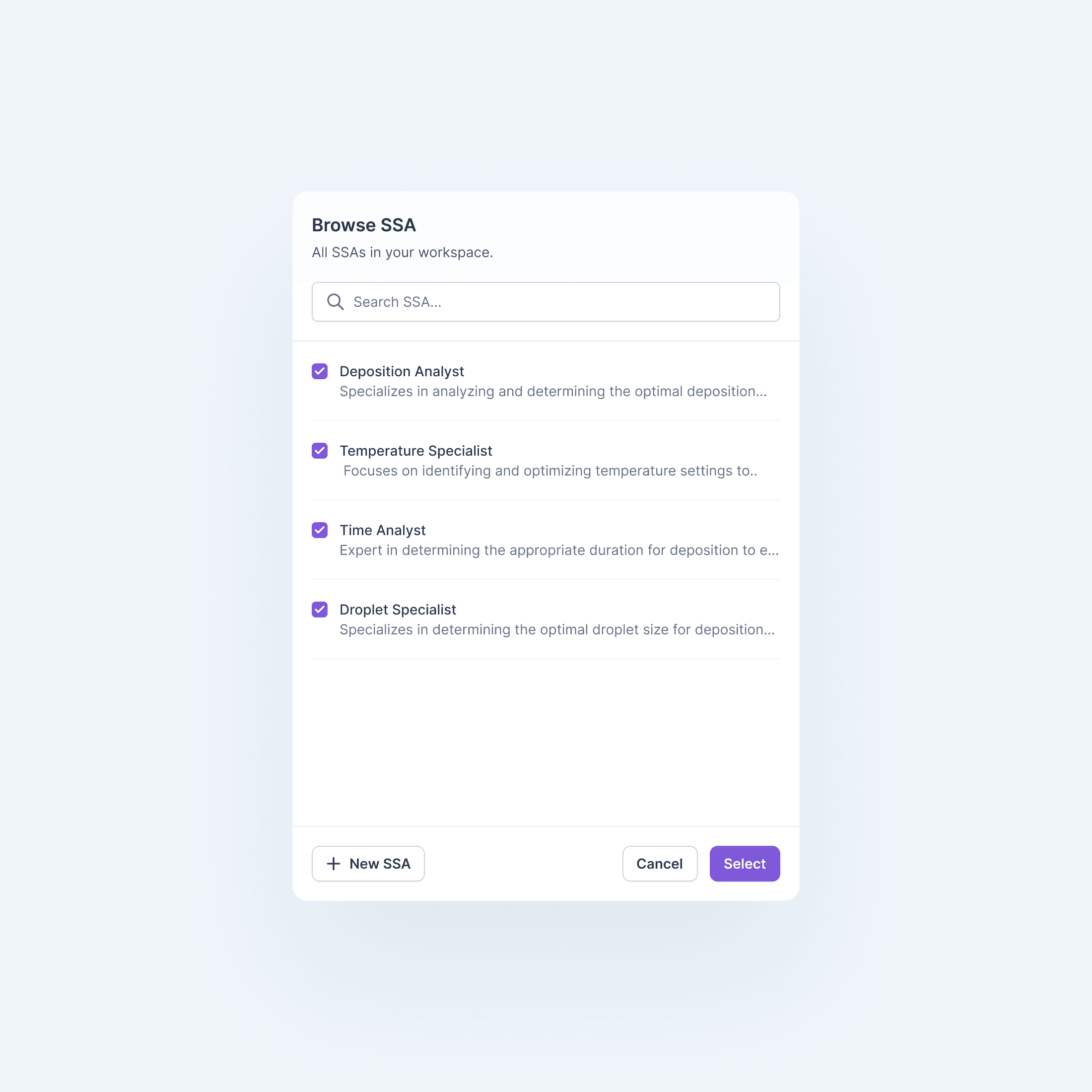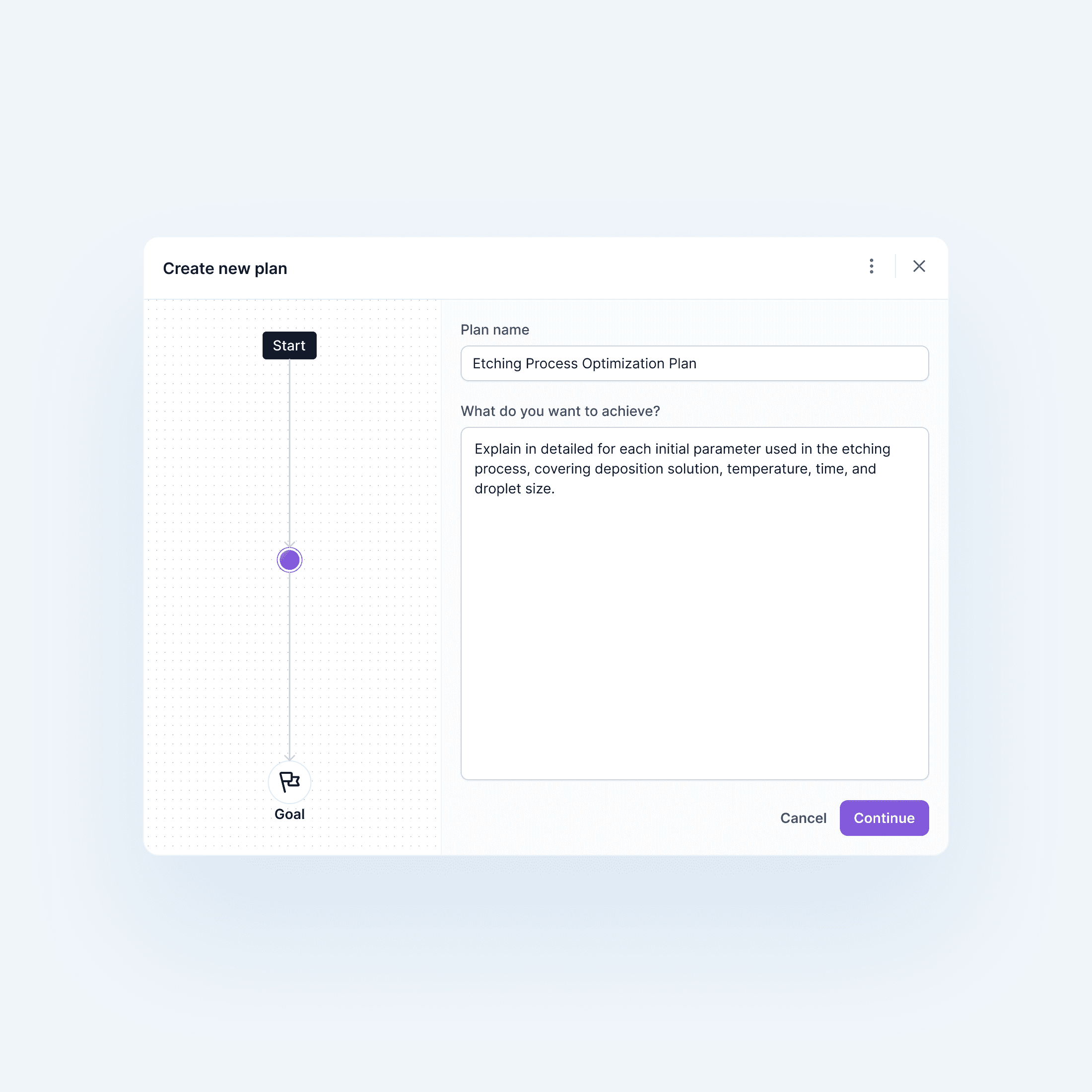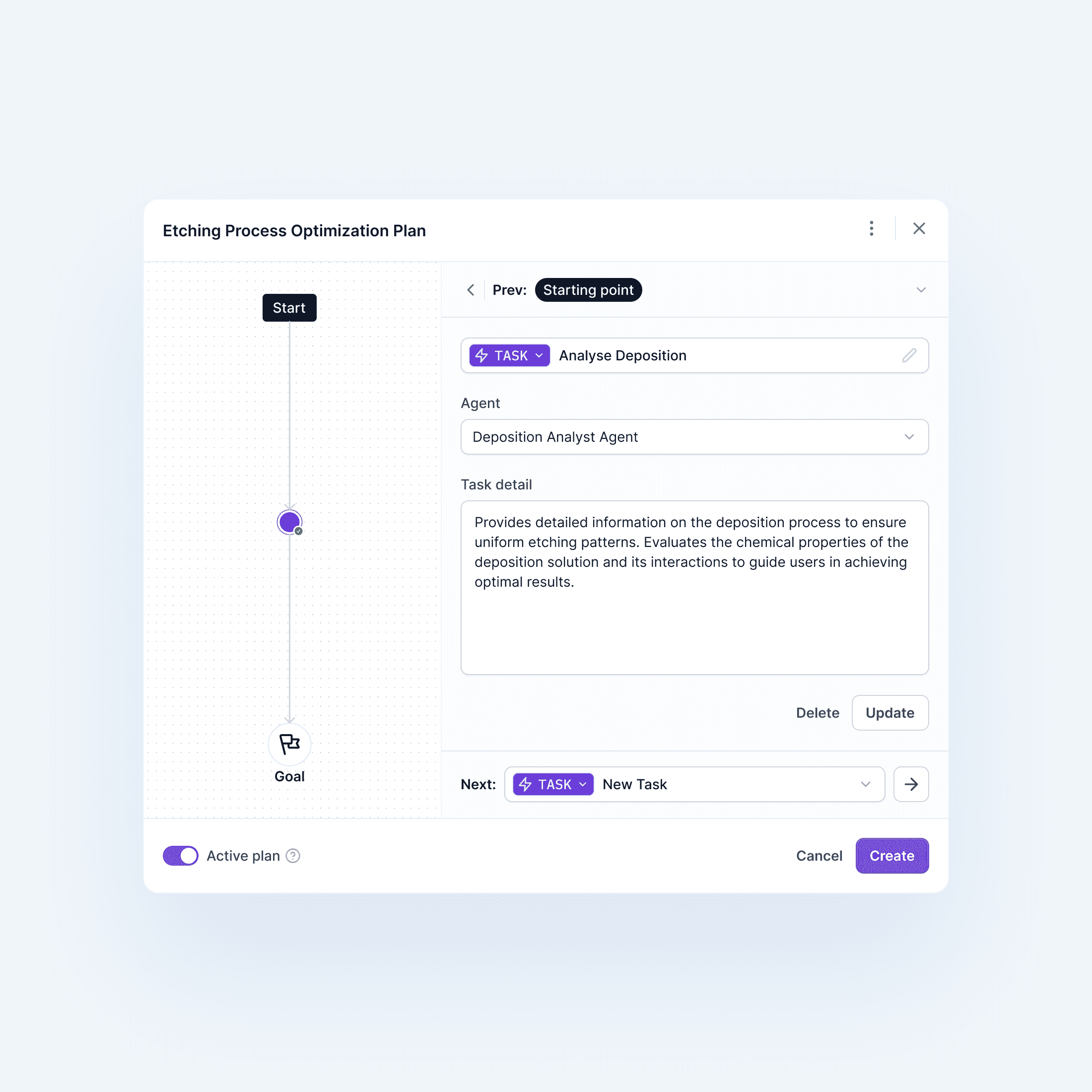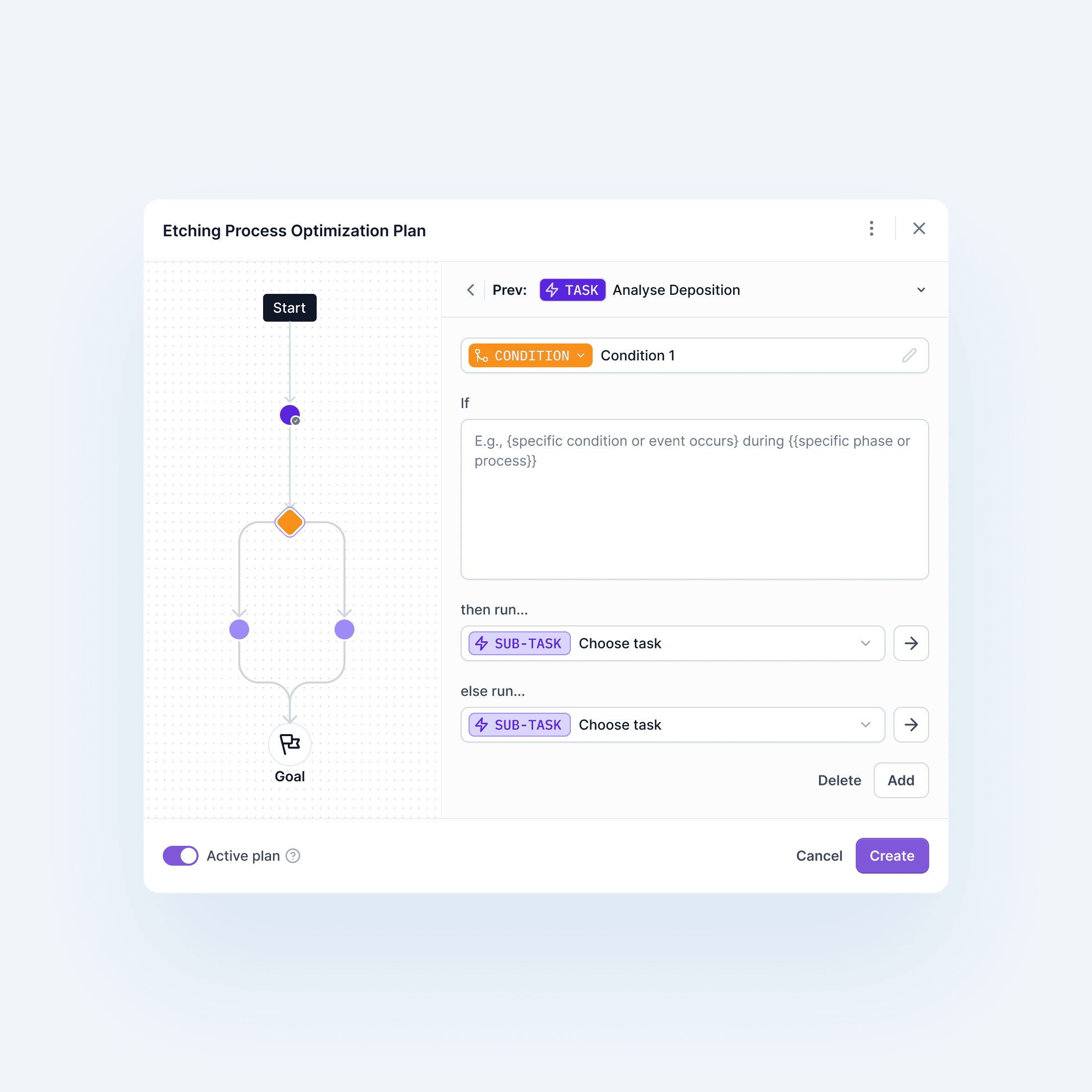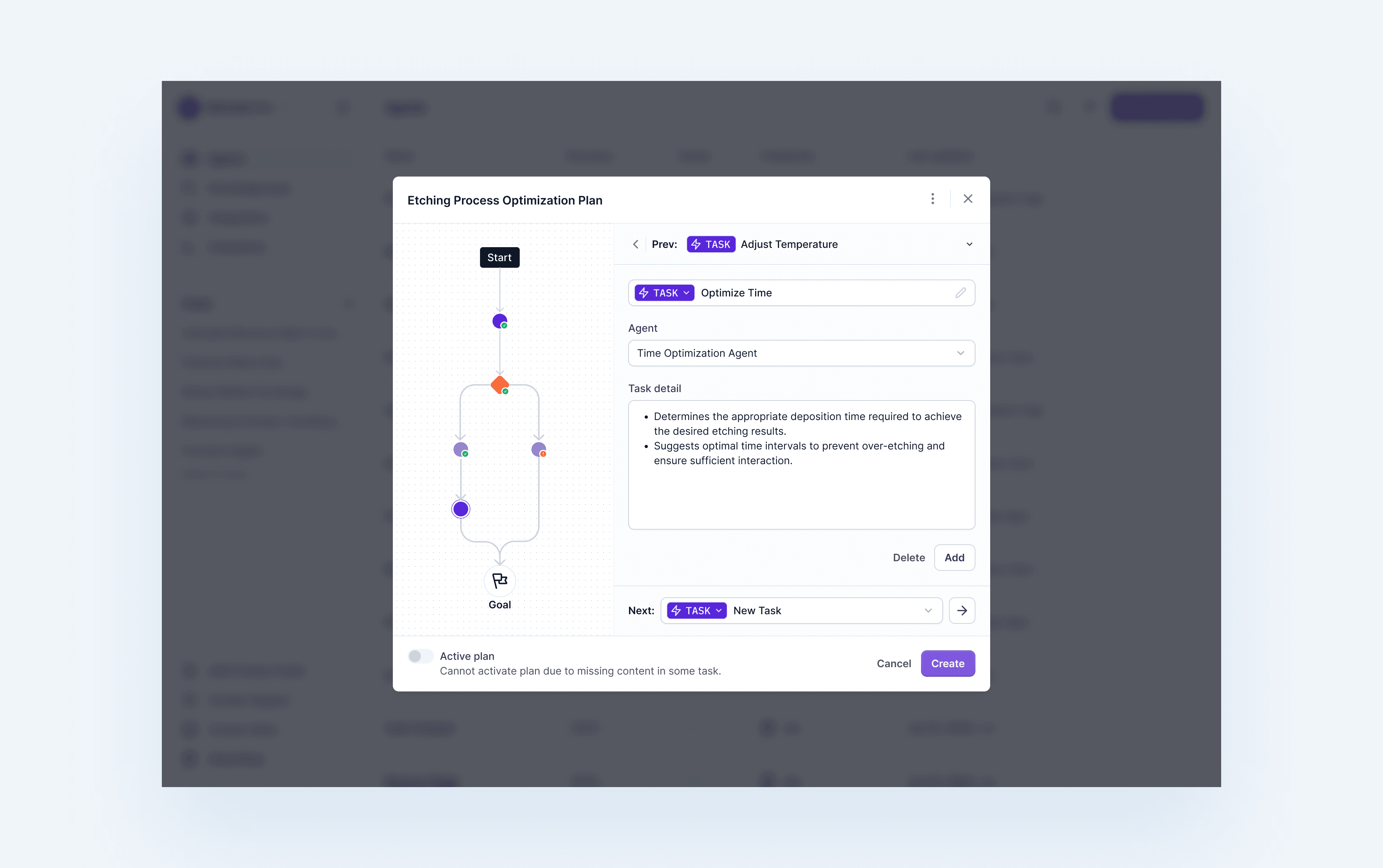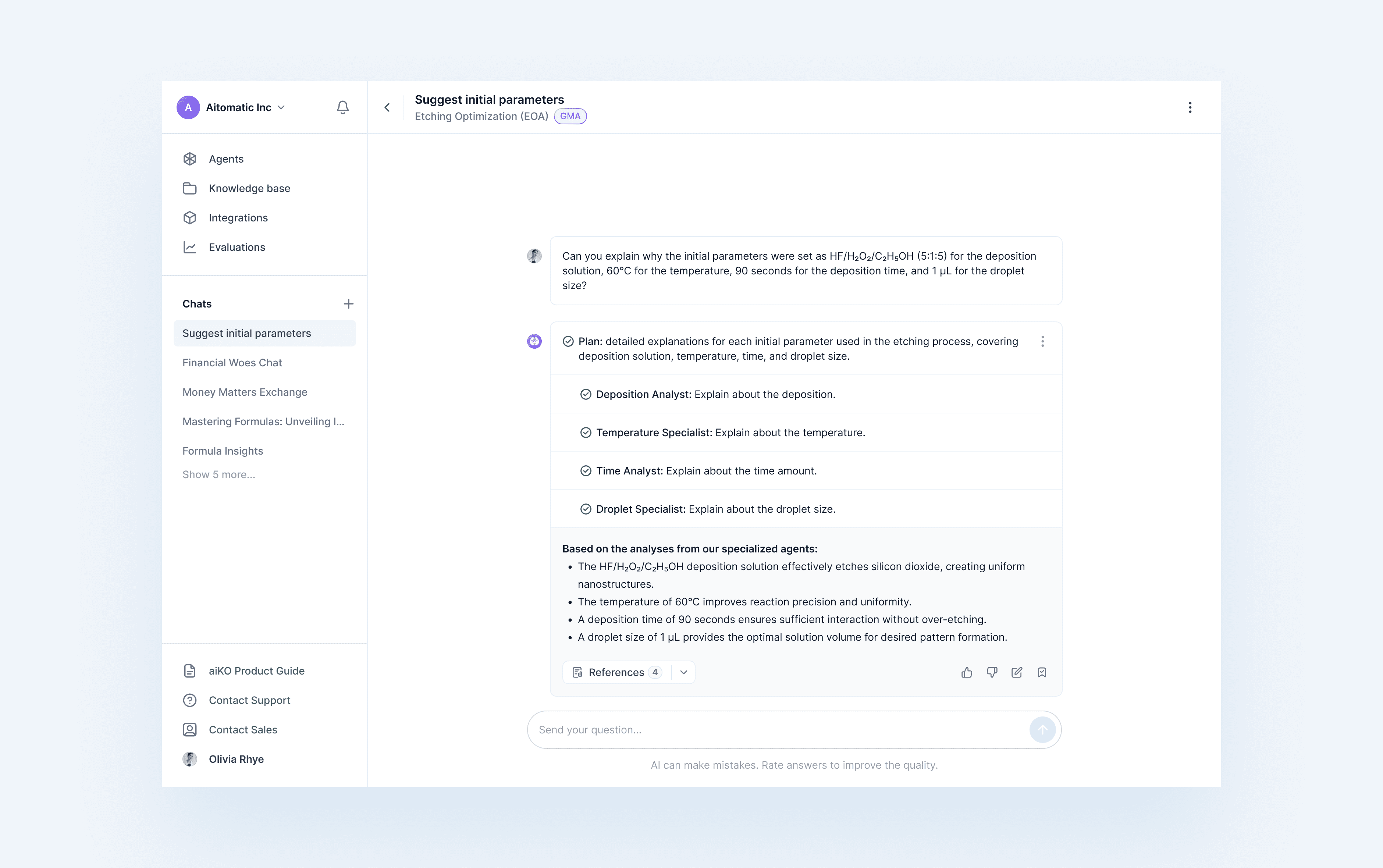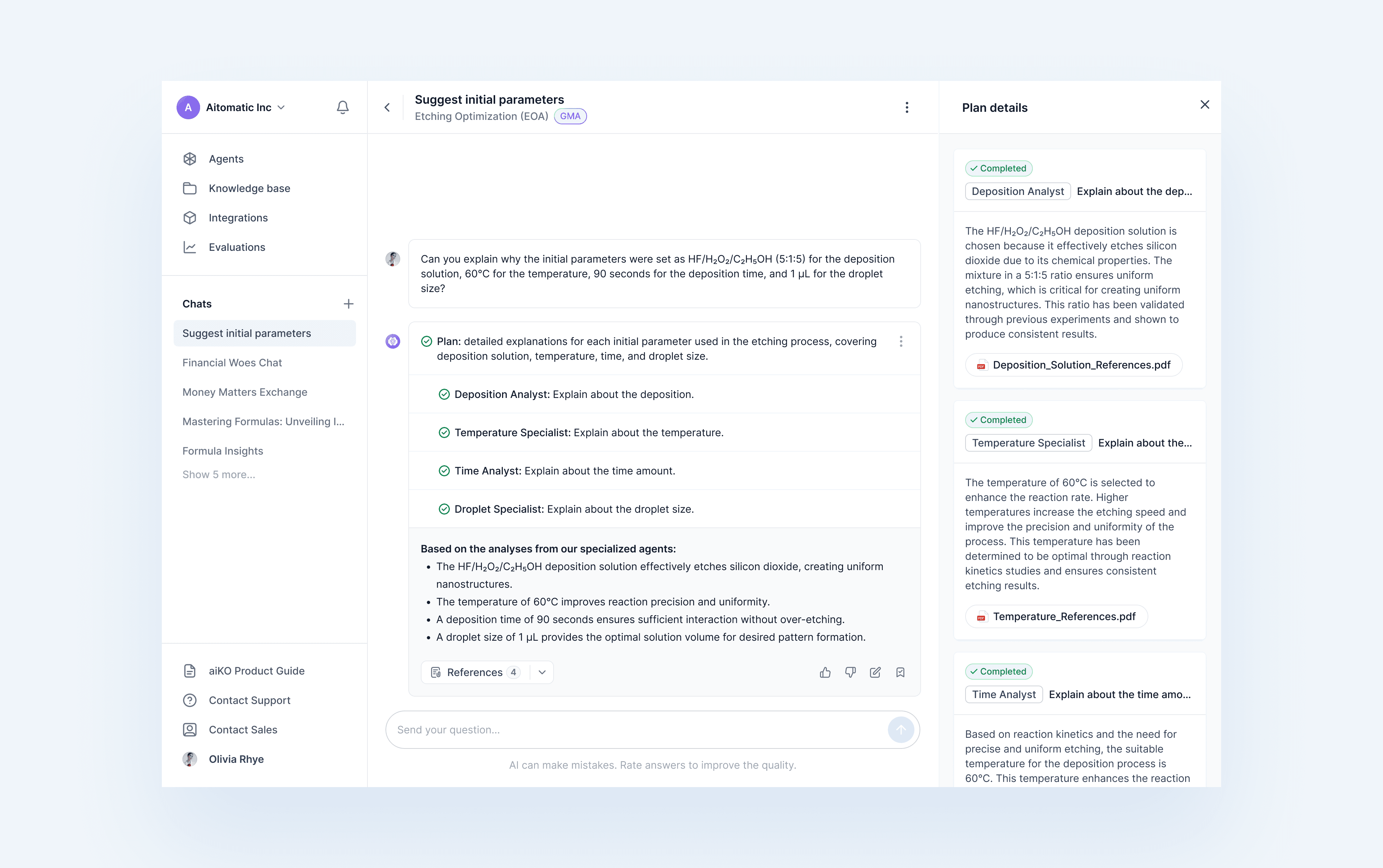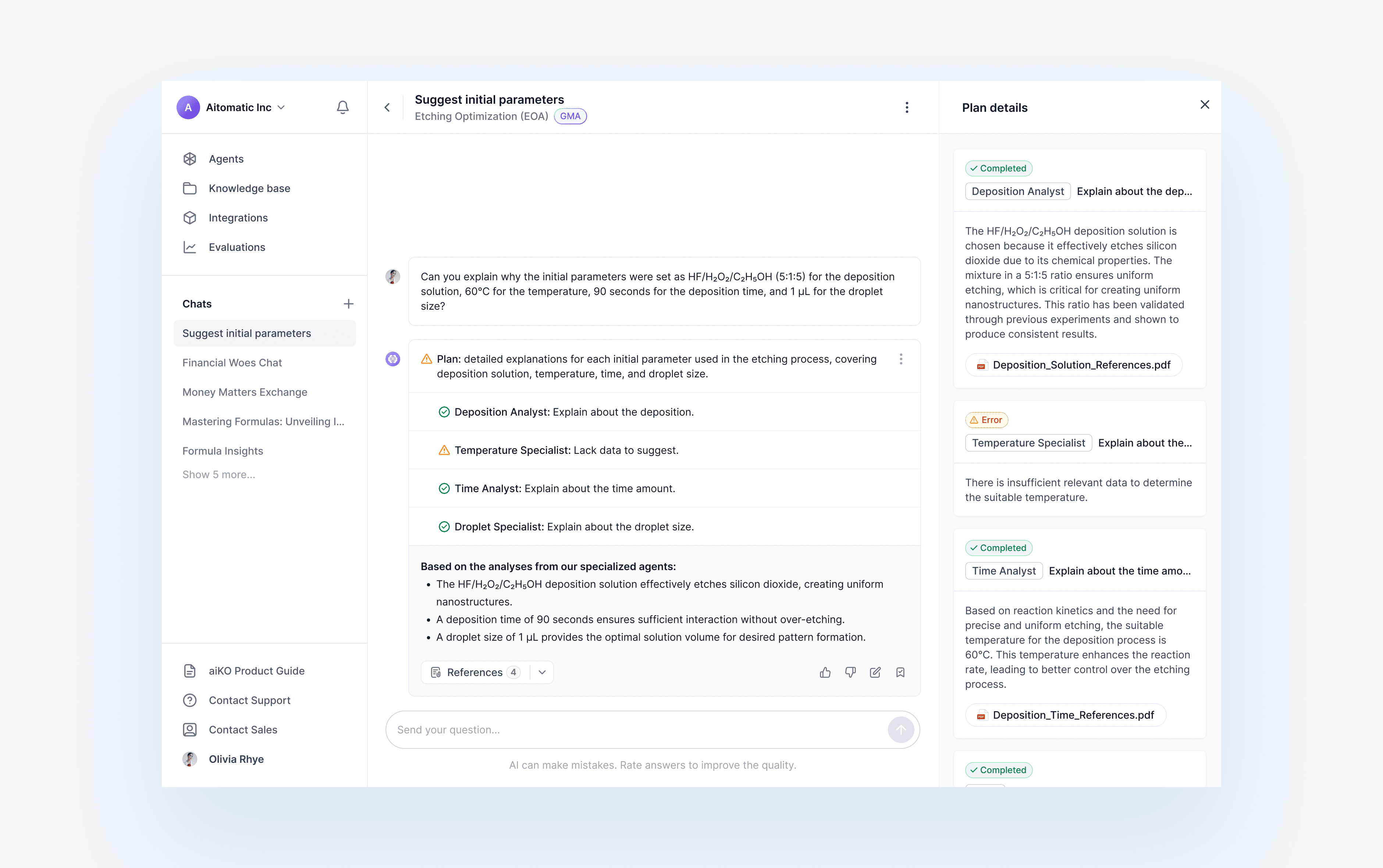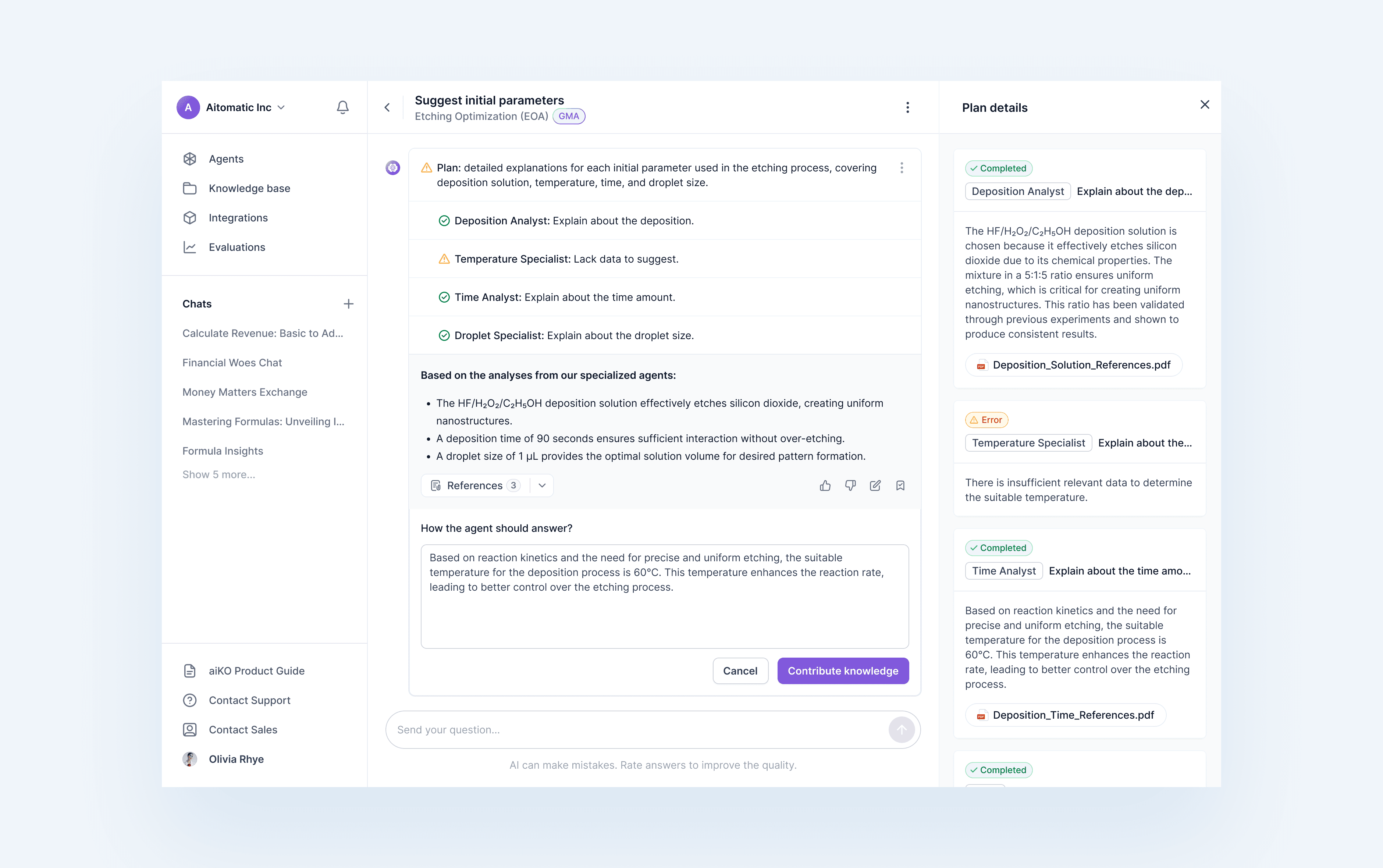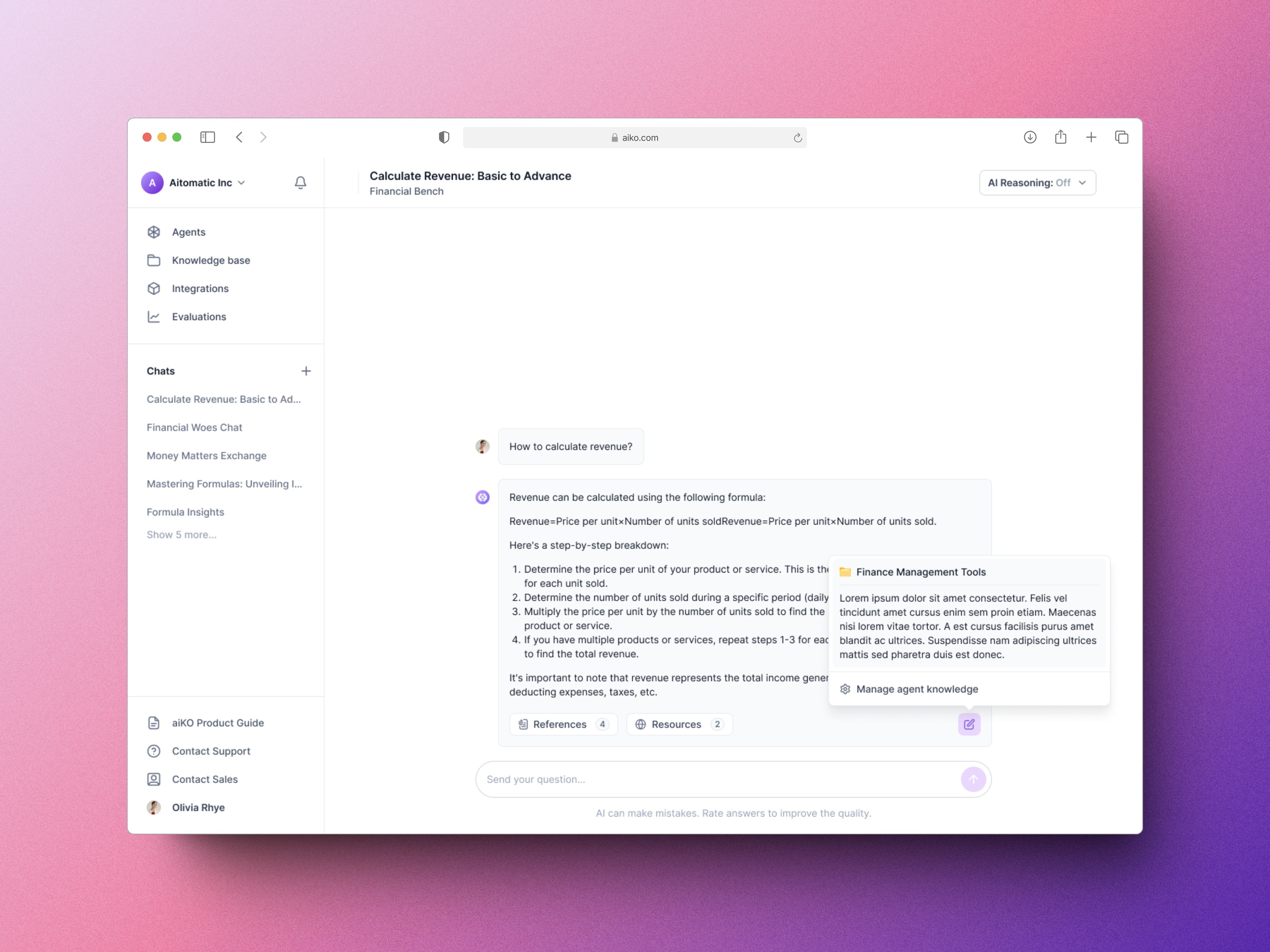GMA/SSA
AI agents for problem-solving
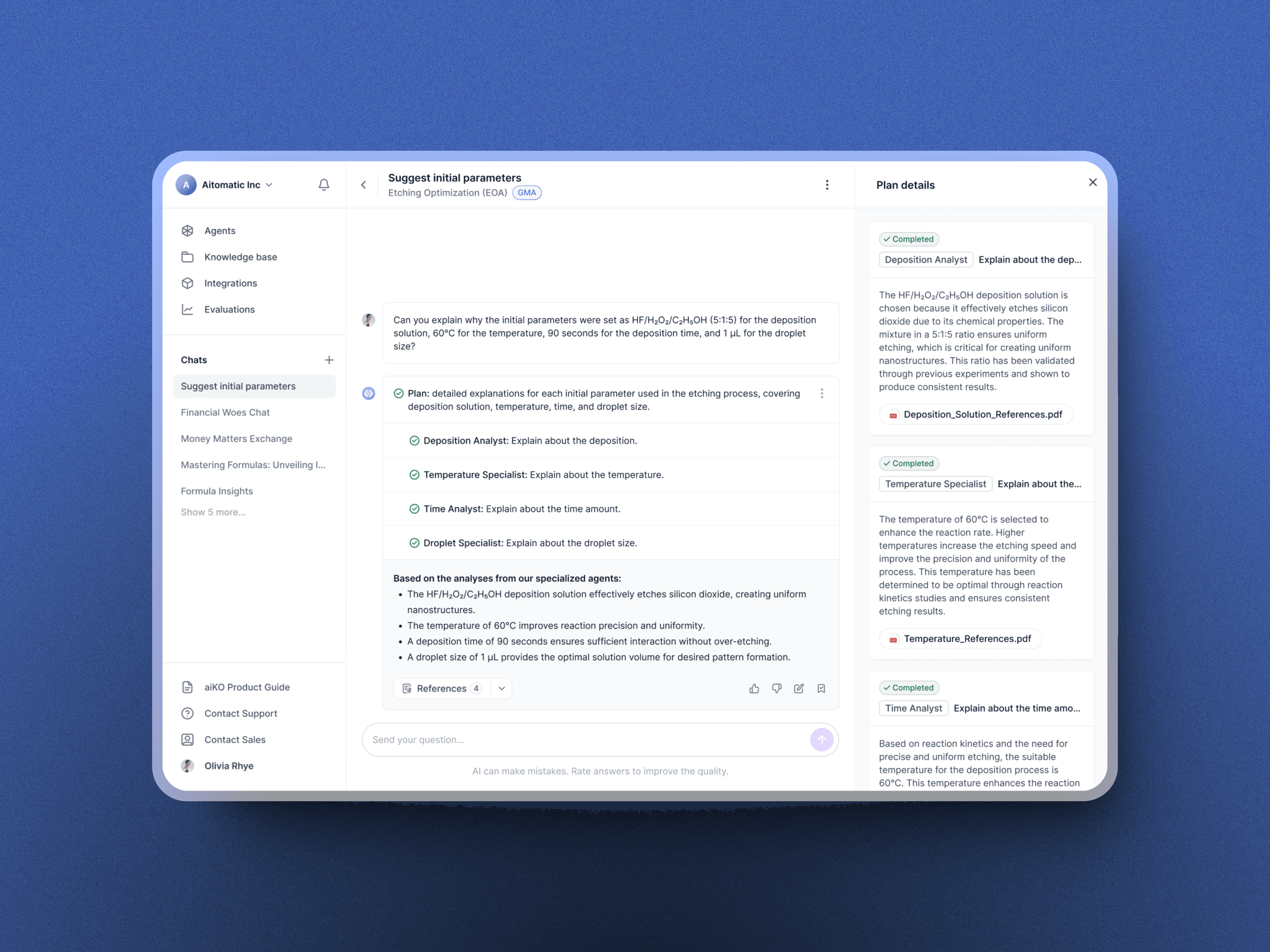
Problem
Process engineers at Tokyo Electron Limited (TEL) faced inefficiencies in semiconductor etching due to trial-and-error workflows.
Solution
I designed and launched the GMA/SSA system, enabling optimization with reasoning and a shared knowledge base.
Reduced setup time by 30%
Saved $20,000 per optimization cycle
Company
Aitomatic
Position
Product and Design Lead
Year
2024
Market
APAC & US, B2B
Problem
Semiconductor etching is a delicate, high-stakes process. Engineers fine-tune hundreds of variables (i.e gas flow, pressure, temperature) manually, using trial and error to hit the right specifications. The process is slow, inconsistent across machines, and every mistake costs tens of thousands of dollars.
At Aitomatic, we wanted to change this challenging process by building GMA/SSA, a feature within aiKO (Aitomatic Knowledge Organizer). To prove its value, we chose one of the most complex workflows in manufacturing: semiconductor etching optimization. If we succeeded, the impact would be tremendous—and we did.

My role
As Product and Design Lead, I led the product strategy, designed the architecture, and collaborated with (1) TEL specialists and (2) Aitomatic's designer and engineers to ensure the solution worked seamlessly for real-world use. I wrote the PRD, set the system’s design direction, and guided a junior designer to deliver the UI while I focused on the system's experience for process engineers.

What we made
GMA/SSA changed the relationship between engineers and AI entirely. GMA orchestrated the workflow, breaking it into specialized tasks for SSAs, each focused on a specific optimization function, i.e suggesting parameters, analyzing imaging data, or explaining why certain sets of params worked.
For example, when process engineers needed to set the etching temperature, GMA suggested 60°C, explaining how it balanced reaction rates and etching precision based on historical data. Engineers could adjust these parameters and receive immediate feedback. Successful configurations were saved into a knowledge base, turning trial-and-error wins into assets for future workflows.
Impact
Simulations showed a 30% reduction in setup and optimization time, saving around $20,000 per etching cycle. Workflow variability dropped by 15%, enabling more consistent results across machines—a critical factor for production efficiency.
TEL process engineers described the experience with GMA/SSAs as having a “senior colleague who always knows the answer but explains why, so you can trust the process.”
By embedding GMA/SSA into aiKO, we turned an unpredictable process into a reliable and scalable workflow. The success of this use case validated aiKO’s power to solve high-complexity problems while delivering real impact in industries where precision matters most.
